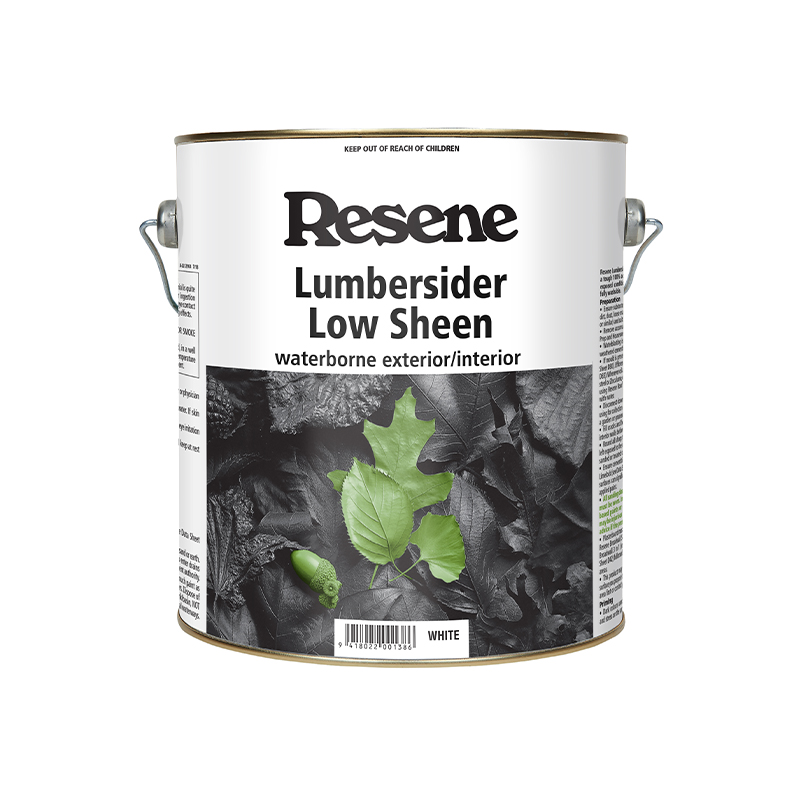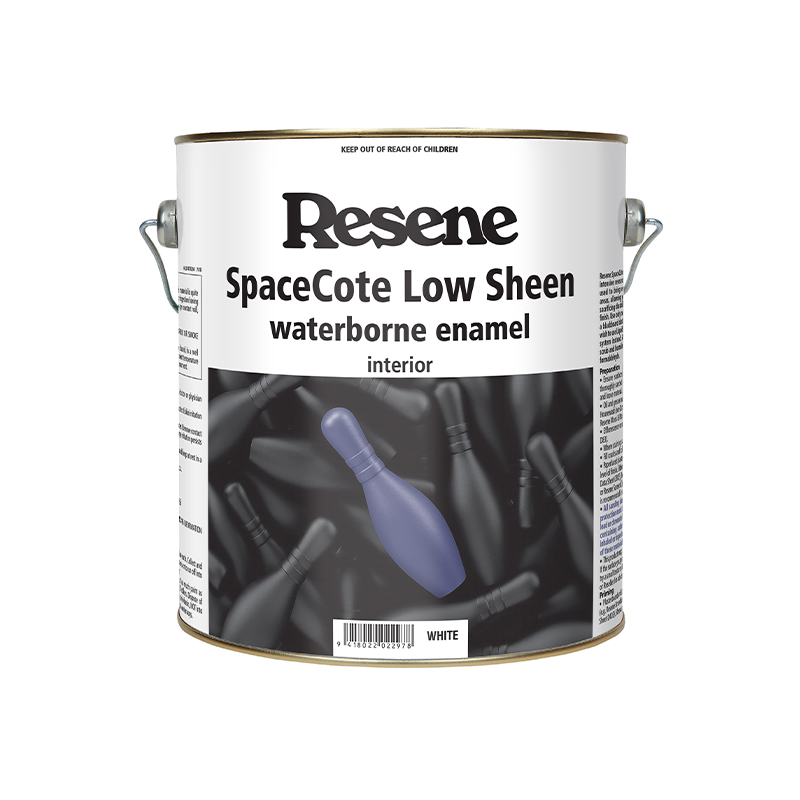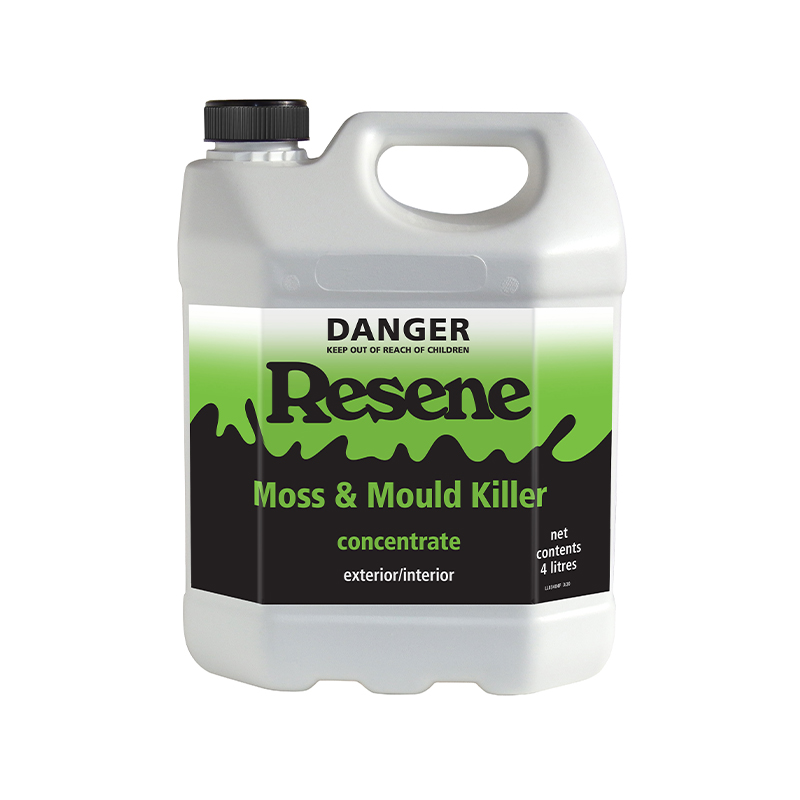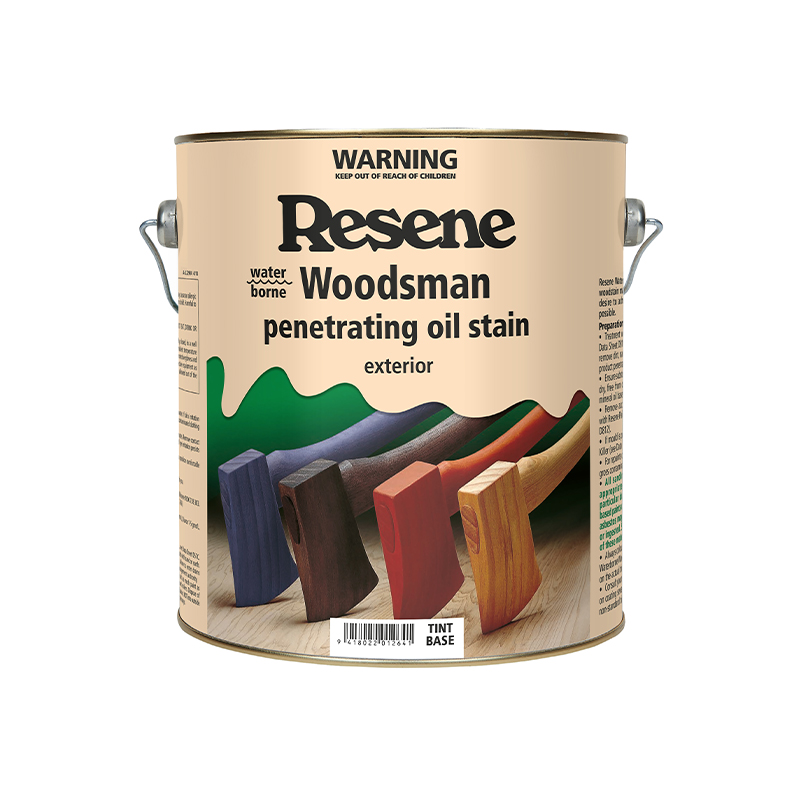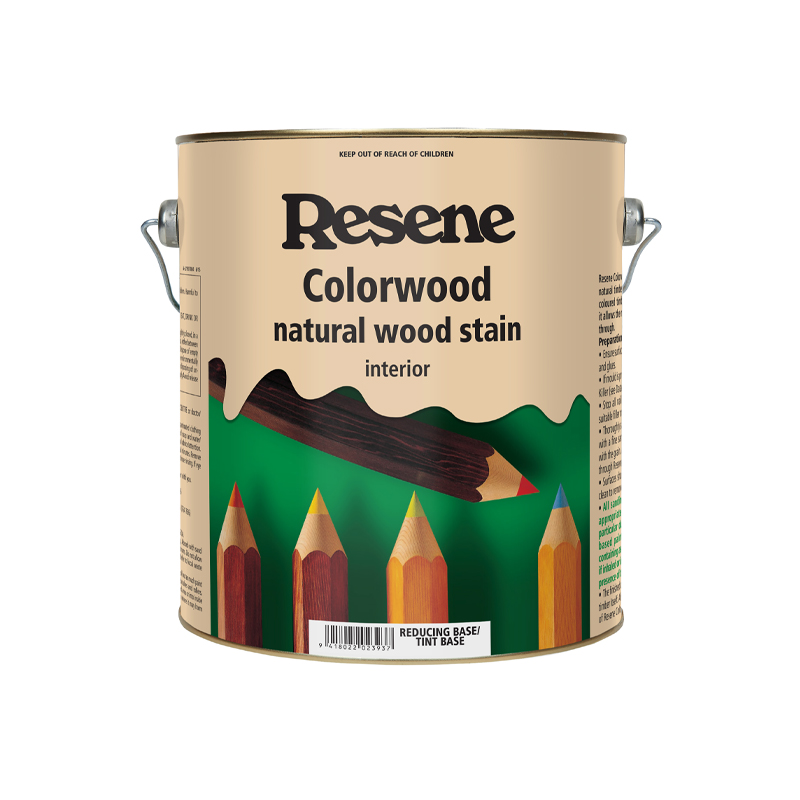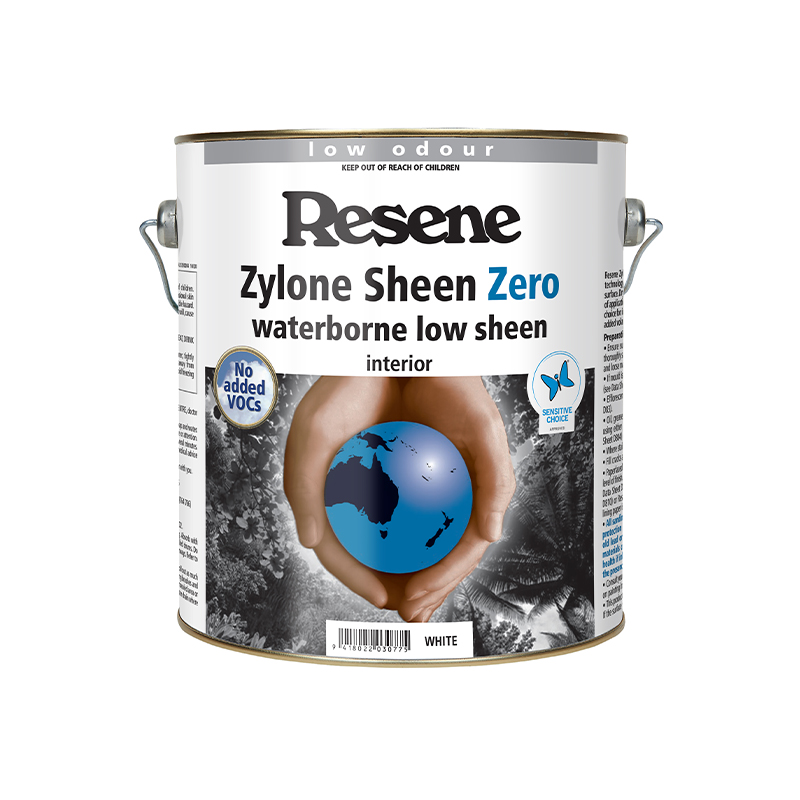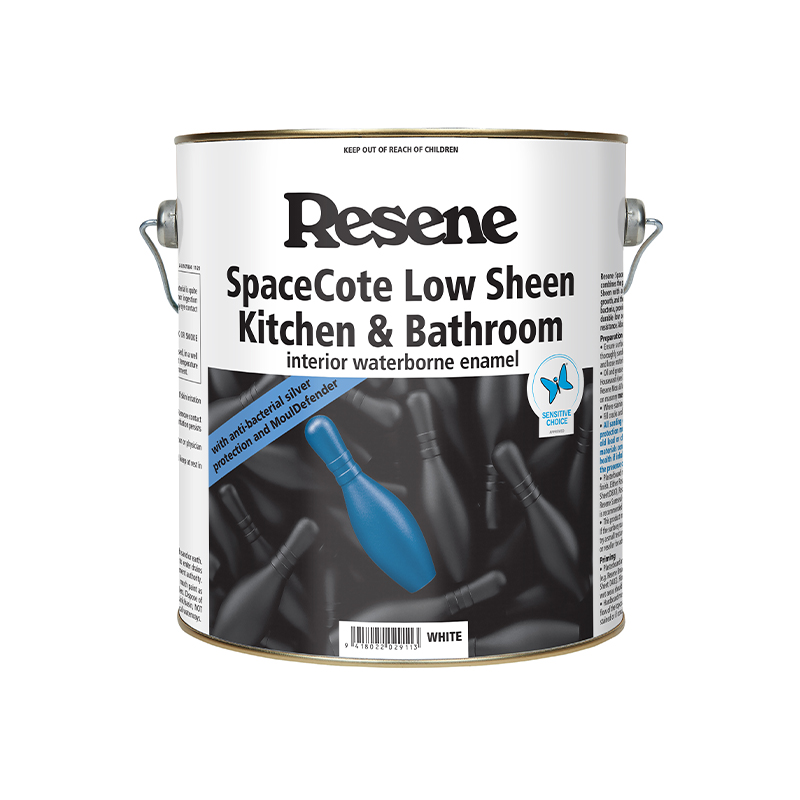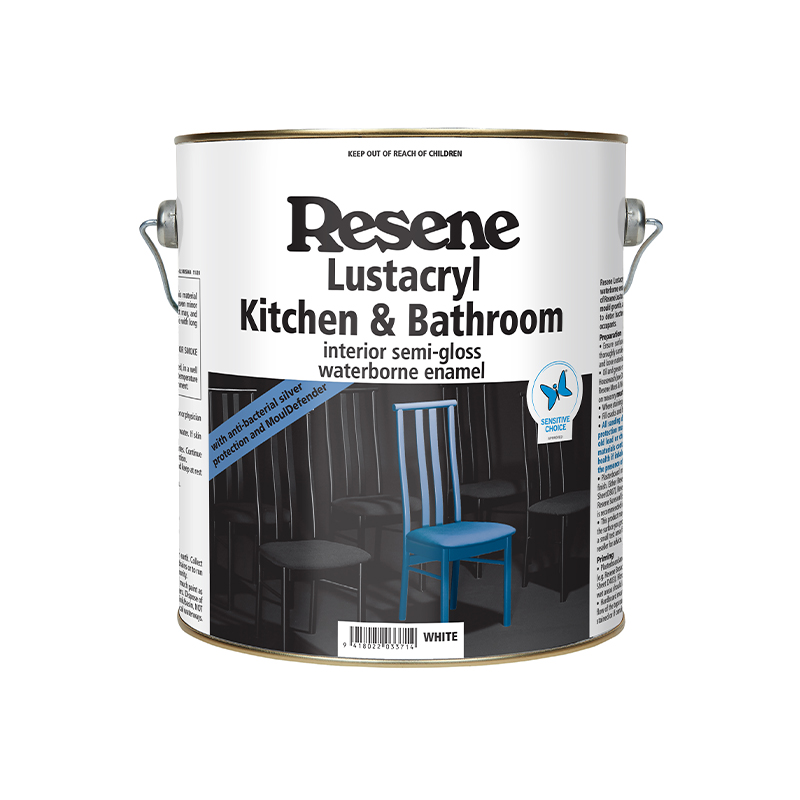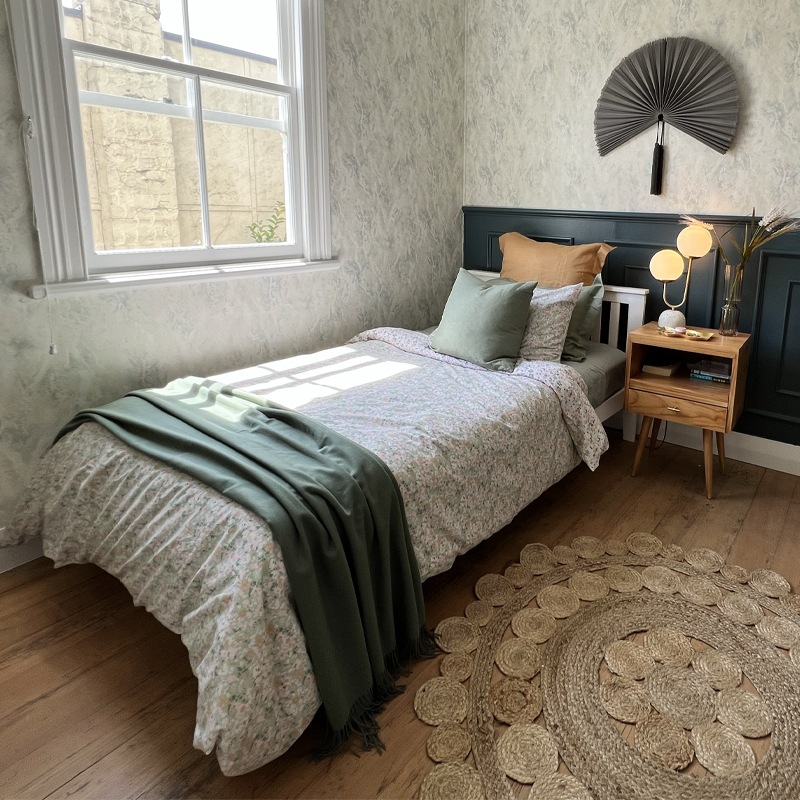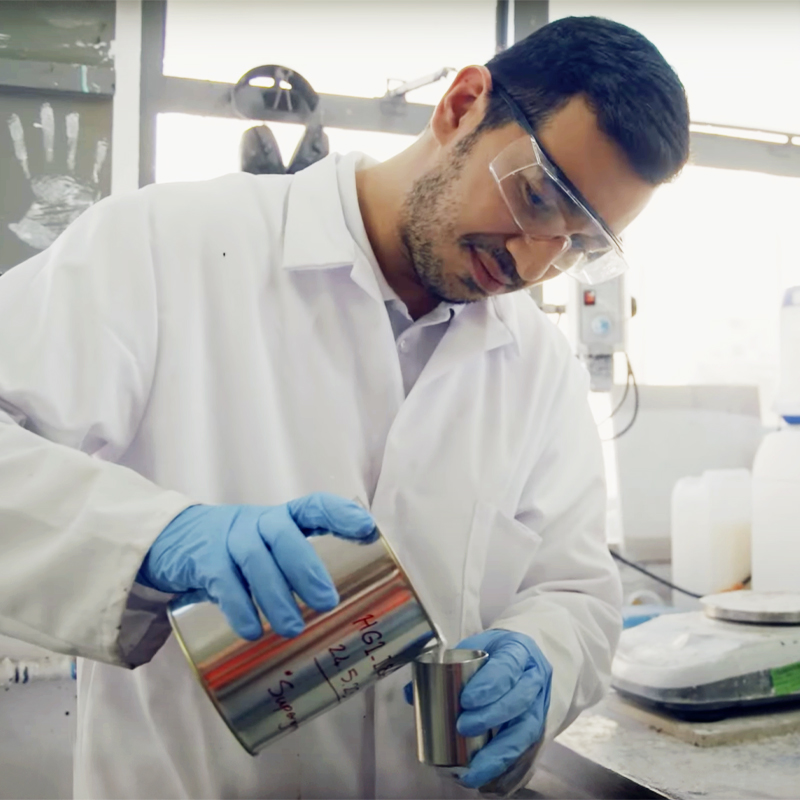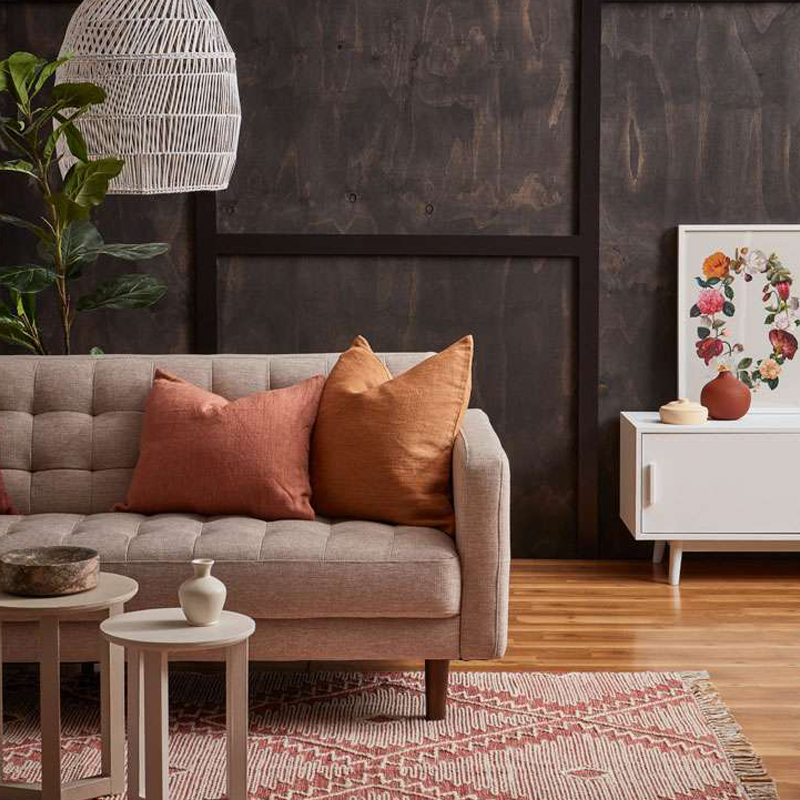While it may be tempting to get stuck right into a new DIY project, it’s important to equip yourself with the correct safety gear to protect yourself and your home. Luckily, Resene ColorShops have safety equipment available so you can get what you need at the same time as your paint.
“First up, get yourself some good overalls,” says Resene paint expert Jay Sharples. “You don’t want to be getting paint on your best clothes.” There are several types of overalls available, including bib types and full length options that cover your arms, as well as disposables.
On a building site it’s a requirement to wear safety footwear, but shoe protectors are also a good idea. These will not only protect your shoes but will stop you from treading paint onto flooring. Drop cloths are also essential for protecting floors from paint or stain splatters.
Wearing a mask when painting is a good idea and it’s essential when sanding or removing flaking paint.
“You’ll need to wear a mask as you don’t want to be breathing in any particles. Older homes have the possibility of having lead-based paint,” says Jay. Lead paint was widely used in New Zealand before 1965, and particularly before 1945 − so lead exposure is a particular risk on older homes such as villas and bungalows. Lead paint is a serious health hazard and exposure to even small particles can cause serious health issues. To prevent the build-up of sanding dust particles, wet sanding is advised wherever possible. If you’re concerned that lead paint may be present in your home or you live in an older home, pick up a lead-based paint test kit from your local Resene ColorShopto test your paint at home. Or if you take a paint flake in when you purchase the lead-based paint kit, your Resene ColorShop staff can help you test your paint flake.
If you suspect there is lead-based paint in your home or anytime you are sanding, always wear a good quality, properly-fitted toxic dust respirator, as well as goggles or protective eye glasses. Never allow lead based paints to get into garden soil or anywhere near pets or children. If your home has excessive amounts of lead paint, you may need to call in a Resene Eco.Decorator to remove flaking paint safely.





